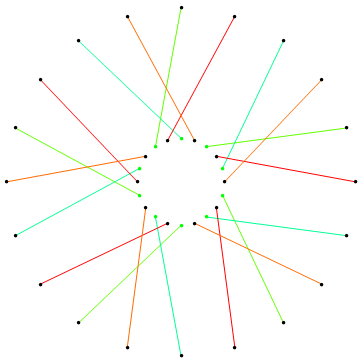US FDA approves expanded use of Merck’s Gardasil 9 vaccine to include individuals 27 through 45 years old
The US Food and Drug Administration (FDA) approved a supplemental application for Gardasil 9 (Human Papillomavirus (HPV) 9-valent Vaccine, Recombinant) expanding the approved use of the vaccine to include women and men aged 27 through 45 years. Gardasil 9 prevents certain cancers and diseases caused by the nine HPV types covered by the vaccine.








